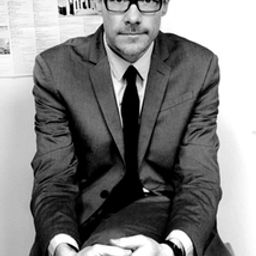13.50 Heritage Ontologies: Understanding Heritage as Future-Making Practices
Mon statut pour la session
While it is customary to think about heritage as a series of practical fields oriented toward the past, it is perhaps less often the case that we reflect on heritage as a series of future-making practices. But if we are to take seriously the claim that heritage is the conservation or preservation of objects, places, and practices from the past, in the present, for the future, then it becomes possible to think of heritage as a series of activities that are intimately concerned with assembling futures. This paper will consider case studies from a large collaborative interdisciplinary research project “Assembling Alternative Futures for Heritage,” which aims to explore ethnographically a broad range of heritage domains (or fields of practice) in comparative perspective. In doing so, I will draw on a number of different theoretical and conceptual influences, including Karen Barad’s agential realism, Michel Foucault’s notion of the dispositif, Deleuzian assemblage theory and various aspects of science and technology studies, in seeing heritage practices of various kinds as enacting new realities through contingent practices of assembling and reassembling bodies, techniques, technologies, materials, values, temporalities, and spaces. Heritage, broadly defined, might helpfully be understood as a series of practices that share an orientation toward caring for, and hence producing, alternative futures. Central to my focus on what I term heritage ontologies—the world making, future assembling capacities of heritage practices—is the recognition of ontological plurality; that different forms of heritage practices enact different realities and hence work to assemble different futures. I will conclude with some notes that consider the potential for a comparative ethnology of global heritage practices through this ontological lens.
